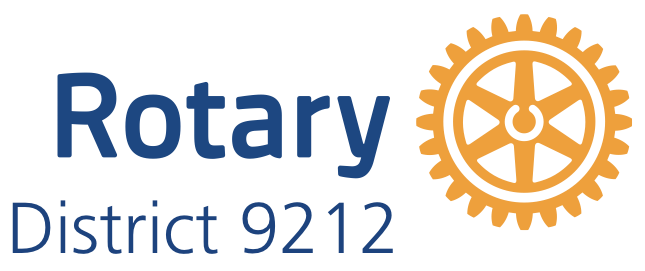Malaria Vaccinations Drastically Reduce Cases Across Africa In First Year
By Eric Ombok
One year since the launch of routine malaria vaccinations in Africa in January 2024, more than 9.8 million doses of malaria vaccines (in total 12 million since 2023) have been delivered to 17 endemic countries through the Gavi malaria vaccination programme.
Surpassing the initial target of 15 countries, the pace of rollout is an indication of the high demand for this new tool as well as years of preparation by countries and partners. In total, an estimated five million children in the 17 countries that collectively represent more than 70% of the world’s malaria burden have been protected.
Lessons from the “pilot” malaria vaccination programme in Ghana, Kenya and Malawi which ran from 2019 to 2023 are helping guide country rollouts. Coordinated by the World Health Organization and funded by Gavi and partners, the pilot phase reached more than million children and demonstrated that the malaria vaccine led to a significant reduction in malaria illnesses, a 13% drop in overall child mortality and even higher reductions in hospitalizations.
In January 2024, Cameroon became the first country to launch the vaccine as part of their routine immunisation programme, beginning with 42 districts. By the end of 2026, the country aims to scale up to all 205 districts.
“In a high-burden country like Cameroon, where malaria claims more than 13,000 lives each year and represents close to 30% of all hospital consultations, each percentage point reduction in cases, deaths and consultations represents lives transformed,’’ says Dr Sania Nishtar, Chief Executive Officer at Gavi, the Vaccine Alliance.
“ This early data is a small indicator of the potential public health impact of a programme we hope to scale up dramatically by the end of the decade – protecting tens of millions of children around the world, and reducing the stress malaria places on African health systems,’’ Dr Sania Nishtar says.
Delivering four doses of the vaccine means finding ways to consistently reach those at highest risk in every country. Most countries are scaling up vaccination in a step-by-step phased approach, implementing tailor made strategies that work best for their own unique contexts and challenges.
Gavi anticipates a significant expansion of the malaria vaccine program in 2025, with the introduction of the vaccine in six to eight additional countries, including Uganda, Ethiopia, Guinea, Mali and Burundi.
The coverage in countries that have already included the vaccine in their routine immunisation programs will also be expanded to protect an additional 13 million children by the end of 2025. From 2026 to 2030, Gavi aims to help countries protect a further 50 million children with four doses of the malaria vaccine.
So far, 17 countries have rolled out the malaria vaccine. Fourteen of these countries introduced the vaccines in 2024, including Cameroon, Burkina Faso, Sierra Leone, Benin, Liberia, Côte d’Ivoire, South Sudan, Mozambique, Central African Republic, Niger, Chad, Democratic Republic of Congo, Sudan and Nigeria.
The other three — Ghana, Kenya and Malawi—introduced the first malaria vaccine, in 2021 during the Malaria Vaccine Implementation Programme (MVIP) and have since scaled up routine provision of the vaccine through Gavi support.
The total burden of malaria in the 17 countries in Africa that are currently vaccinating children accounts for 70% of the global malaria burden, with Nigeria having the highest burden of malaria globally, according to the 2024 World Malaria Report.
Gavi, the Vaccine Alliance is a public-private partnership that helps vaccinate more than half the world’s children against some of the world’s deadliest diseases. Since its inception in 2000, Gavi has helped to immunise a whole generation – more than 1.1 billion children – and prevented more than 18.8 million future deaths, helping to halve child mortality in 78 lower income countries.


